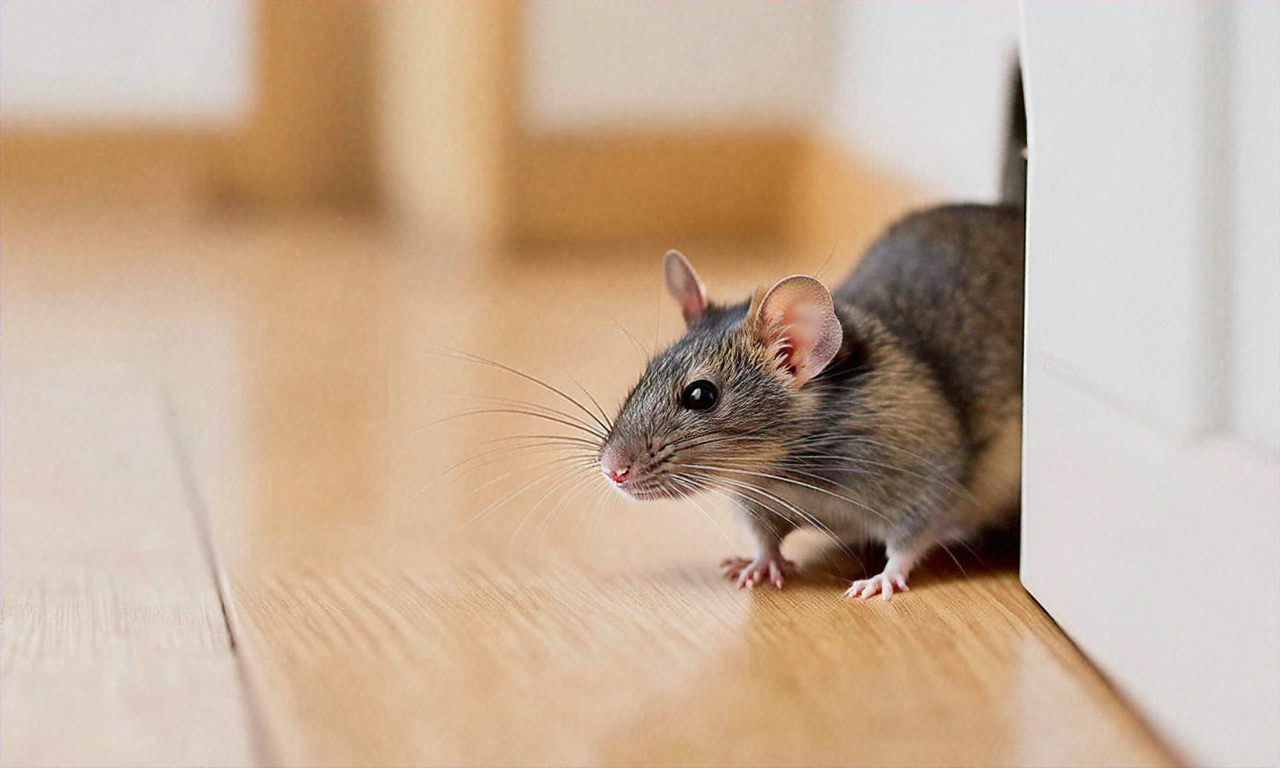Pest Control: Protecting Your Home from Unwanted Invaders
Maintaining a pest-free home is essential for the health, comfort, and safety of you and your family. Pests can cause significant damage to property, spread diseases, and create unsanitary living conditions. This article will explore the world of pest control, discussing common household pests, prevention methods, and effective treatment options to keep your home free from unwanted invaders.

-
Rodents: Mice and rats are notorious for invading homes, especially during colder months. They can damage property, contaminate food, and carry diseases.
-
Termites: These wood-destroying insects can cause extensive structural damage to homes if left unchecked. Termites are often referred to as “silent destroyers” due to their ability to quietly eat away at wood for extended periods without detection.
-
Spiders: While most spiders are harmless and even beneficial for controlling other insect populations, some species can be venomous and pose health risks.
-
Bed bugs: These tiny, blood-sucking insects can quickly infest mattresses, furniture, and other household items, causing itchy bites and sleepless nights.
How can you prevent pest infestations in your home?
Prevention is key when it comes to pest control. By implementing these strategies, you can significantly reduce the likelihood of pest infestations:
-
Seal entry points: Inspect your home’s exterior for cracks, gaps, and holes, and seal them to prevent pests from entering.
-
Maintain cleanliness: Regularly clean your home, paying special attention to kitchen areas, and promptly address spills and crumbs.
-
Proper food storage: Store food in airtight containers and keep pet food in sealed containers when not in use.
-
Manage moisture: Fix leaky pipes, ensure proper drainage around your home, and use dehumidifiers in damp areas.
-
Yard maintenance: Keep your lawn trimmed, remove debris and standing water, and store firewood away from your home’s exterior.
-
Regular inspections: Conduct routine checks of your home’s interior and exterior to catch potential pest problems early.
What are effective pest control methods for different types of pests?
Different pests require different control methods. Here are some effective strategies for common household pests:
-
Insects:
-
Use insecticide sprays or baits specifically formulated for the target pest.
-
Employ natural repellents like essential oils or diatomaceous earth.
-
Set up sticky traps or pheromone traps to monitor and control insect populations.
-
-
Rodents:
-
Use snap traps or live traps to capture mice and rats.
-
Seal entry points and remove potential food sources.
-
Consider ultrasonic repellent devices as a non-toxic option.
-
-
Termites:
-
Install termite baiting systems around your property.
-
Apply liquid termiticides to create a barrier around your home’s foundation.
-
Schedule regular professional inspections to detect early signs of termite activity.
-
-
Spiders:
-
Remove webs and egg sacs regularly.
-
Use spider-specific insecticides or natural repellents like peppermint oil.
-
Eliminate hiding spots by decluttering and sealing cracks.
-
-
Bed bugs:
-
Wash and dry infested items on high heat.
-
Use bed bug-specific insecticides or heat treatments.
-
Encase mattresses and box springs in bed bug-proof covers.
-
When should you consider professional pest control services?
While many pest control tasks can be handled by homeowners, there are situations where professional assistance is necessary:
-
Severe infestations: If you’re dealing with a large-scale pest problem that has spread throughout your home, professional help may be required.
-
Persistent issues: If DIY methods have failed to resolve the pest problem after multiple attempts, it’s time to call in the experts.
-
Dangerous pests: When dealing with potentially harmful pests like venomous spiders or aggressive rodents, professional intervention ensures safety.
-
Preventive measures: Regular professional inspections and treatments can help prevent future infestations and catch problems early.
-
Time and expertise: Professional pest control technicians have the knowledge, experience, and specialized equipment to effectively address pest issues.
What are the costs associated with pest control services?
The cost of pest control services can vary widely depending on factors such as the type of pest, severity of the infestation, and the size of your property. Here’s a general overview of pest control costs:
| Service Type | Provider | Cost Estimation |
|---|---|---|
| One-time treatment | Local pest control company | $250 - $600 |
| Monthly service | National chain | $40 - $70 per month |
| Quarterly service | Regional provider | $100 - $300 per quarter |
| Termite treatment | Specialized termite control company | $1,000 - $3,000 |
| Bed bug treatment | Bed bug specialists | $500 - $1,500 per room |
Prices, rates, or cost estimates mentioned in this article are based on the latest available information but may change over time. Independent research is advised before making financial decisions.
How can you choose the right pest control provider?
Selecting the right pest control provider is crucial for effective and safe treatment. Consider the following factors when making your choice:
-
Licensing and certification: Ensure the company is properly licensed and that technicians are certified in pest control.
-
Experience and reputation: Look for providers with a proven track record and positive customer reviews.
-
Treatment methods: Choose a company that offers integrated pest management (IPM) approaches, combining prevention, monitoring, and targeted treatments.
-
Guarantees: Reputable providers often offer guarantees or warranties on their services.
-
Environmental considerations: If eco-friendly options are important to you, look for companies that offer green pest control solutions.
By understanding the basics of pest control and implementing preventive measures, you can maintain a pest-free home environment. When professional help is needed, choose a reputable provider to ensure effective and safe pest management. With the right approach, you can protect your home from unwanted invaders and enjoy a healthier, more comfortable living space.






